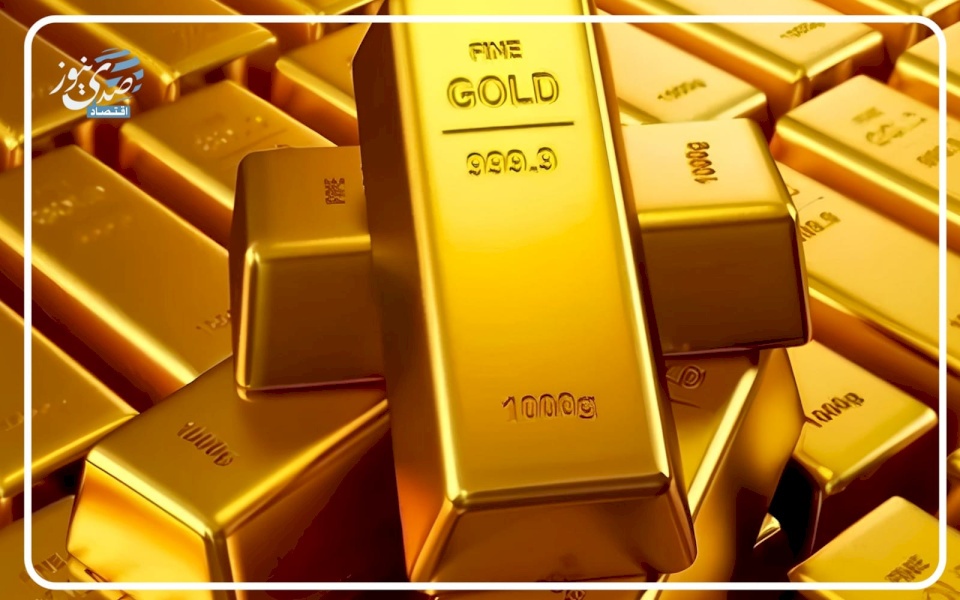
Islamic Investment Boosts Demand for Gold and Gives It Growing Momentum
SadaNews - In a small town an hour's drive from the Malaysian capital, a new high-security vault has emerged, reflecting the growing demand for gold products and services designed in accordance with Islamic law.
A unit of the Swedish company Loomis AB, specialized in cash and bullion trading, oversees the management of the facility located in Nilai, with a storage capacity of up to 20 tons, in collaboration with the local security company E2S Group. This step aims to capitalize on the growth of the Islamic bullion sector in the country.
Jeremy Be, President of Loomis International in Singapore, said in an interview before the opening of the site last week to a group of traders, refinery officials, and bankers: "There is a desire among local bullion traders to have appropriate storage facilities." He added that many local banks have recently launched investment products under the name of halal gold, amid increasing demand for them.
Gold in Islamic Finance
Gold has performed exceptionally among commodities over the past year, supported by increasing demand from central banks and investors. Prices hit a record level in April, and forecasts suggest strong opportunities for further gains with the potential reduction of U.S. Federal Reserve interest rates.
One of the most prominent forecasts comes from Goldman Sachs Group, which indicated the possibility of the gold price per ounce reaching $4,000.
According to Standard Chartered Plc, the size of the global Islamic finance market reached approximately $5.5 trillion last year, with expectations to rise to $7.5 trillion by 2028. Gold is an appropriate option for this sector, as it is characterized as an investment asset that does not yield interest, which aligns with Shariah regulations.
However, there are other considerations; investments must be tied to specific bullion, and ownership needs to be transferred directly during transactions. This contradicts some practices in certain global markets, where balances are not always linked to clearly defined physical assets.
In this context, Louis Hymus, the Commercial Director of the Dubai Gold and Commodity Exchange, which offers Sharia-compliant gold contracts, stated: "Gold indeed meets many requirements for investors who adhere to Islamic principles, as it does not yield interest and is considered a tangible asset."
Halal Gold a Preferred Option in Malaysia
Investment in Sharia-compliant gold is gaining momentum in Malaysia and several other countries. A halal gold-backed exchange-traded fund in Malaysia achieved record levels this year, while trading volumes for Islamic spot gold contracts on the Dubai Exchange nearly tripled in the first half of the year.
Makhrazinim Binti Mukhtar, Senior Vice President of Retail Deposits and Wealth Management at Bank Rakyat, which launched a product in April allowing customers to invest online in gold under Sharia guidelines, stated that "demand for gold investment products is extremely high."
She added that customers "are converting their cash savings into gold."
However, a lack of awareness remains a barrier to the spread of these investments, according to Andrew Naylor, head of the Middle East and public policy at the World Gold Council, who contributed to developing guidelines for Sharia-compliant gold.
Naylor said that "there are many assumptions that gold is not considered compliant with Islamic law unless the investor can take it home... More effort is needed to raise awareness."
Source: Bloomberg

Deutsche Bank Anticipates Gold Prices to Reach $6,000 by 2026

Saudi National Bank's Profits Grow 18% in 2025 Surpassing Expectations Thanks to Operation...

Iranian Currency Plummets to Record Low Against the Dollar

India and the European Union Sign a 'Historic' Free Trade Agreement

Oil Prices Drop as Market Shifts Focus to Supply Surplus Forecasts

Gold Holds at $5,000 an Ounce for the Second Day

The Dollar Takes Repeated Hits and Potential Intervention May Lower Its Value
